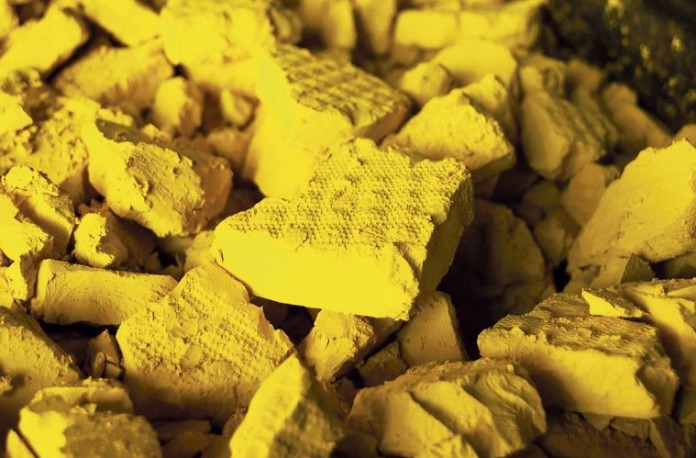
GOVIEX, the Toronto-listed uranium development firm, said it intended to appeal a decision by the Zambian government to terminate a mining licence for the Chirundu deposit.
“We are disappointed by the decision made by the Mining Cadastre with regards the Chirundu license and do not believe this decision is fair or in the interests of our Zambian stakeholders,” said Daniel Major, CEO of Goviex in a statement.
Goviex has 30 days to lodge an appeal.
Goviex bought the Chirundu property and two other mineral deposits Njame and Gwabe from African Energy Resources in 2017. They were included in a preliminary economic assessment (PEA) conducted by Goviex of the Mutanga Uranium Project in Zambia.
According to the PEA, the Mutanga project had a net present value of $112m assuming a long-term uranium price of $58 per pound of uranium oxide, and an internal rate of return of 25%. However, the Njame and Gwabe deposits contain mineralisations described by Goviex as “speculative geologically”. They were subsequently marked for mining at a later stage of the mine plan.
“As a result, the exclusion of these deposits from the mine plan is believed to have a low to no impact on project economics,” the company said.
However, Major said incorporation of the deposits into Goviex is ultimately important for Zambia as it seeks to diversify its economy from copper mining, especially as the uranium price was showing signs of recovery.
The company had met its statutory reports and payments in respect of the Chirundu mining permit, including honouring its community and social responsibility programmes, it said. “We will appeal the decision within the allotted time frame and hope to rectify any misunderstandings we believe have been included in making this decision,” Major said.
In February, Goviex raised C$2.3m via a share placement amid signs that the uranium price was beginning to recover. The proceeds were put towards the firm’s principal project, Madouela in Niger.
On June 30, another African uranium mining firm, Paladin Energy, set out plans to restart production from its Langer Heinrich mine in Namibia – prompted by the anticipation of a price sustained recovery.
Paladin said that the spot price for uranium had fallen 60% since the Fukushima nuclear accident in Japan in 2011. Since 2016, there had been 45 million pounds a year in production cut-backs, excluding disruptions caused by COVID-19.
“Current pricing remains sub-economic for existing producers and below incentive pricing for suspended operations,” the company said. However, a shortage in new supply is starting to exert upward pressure on the price of the mineral.











